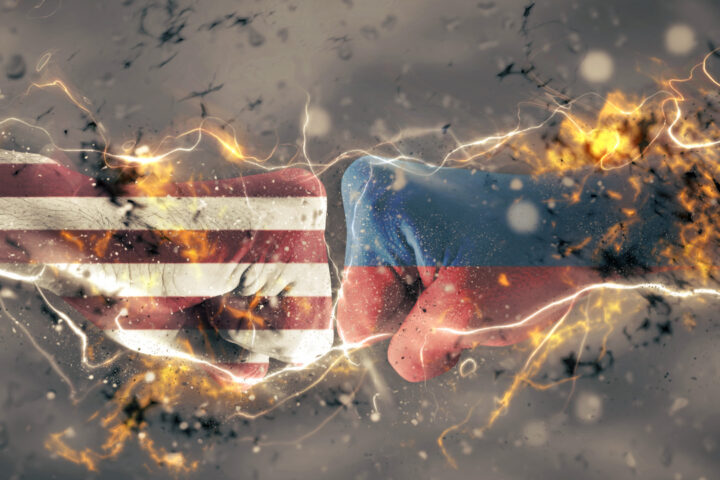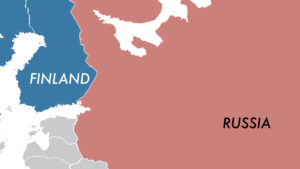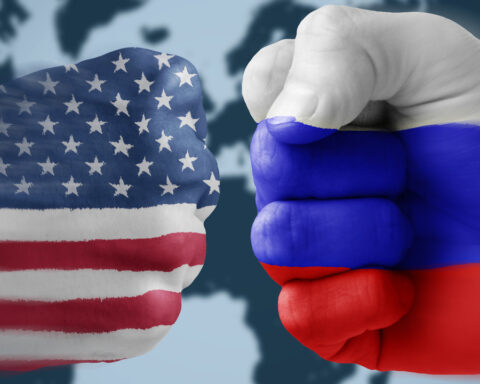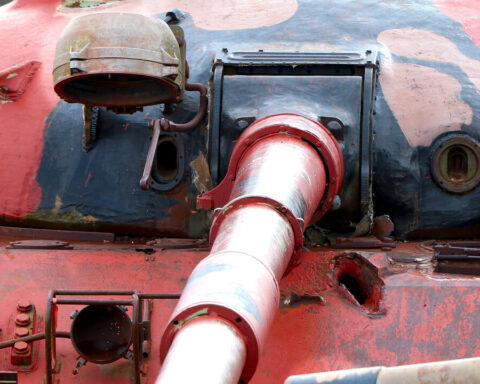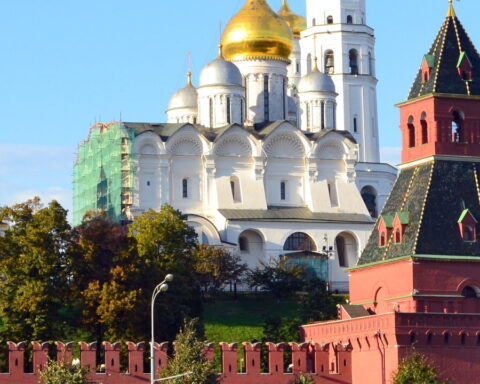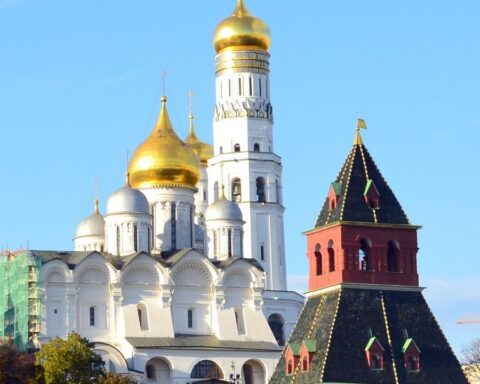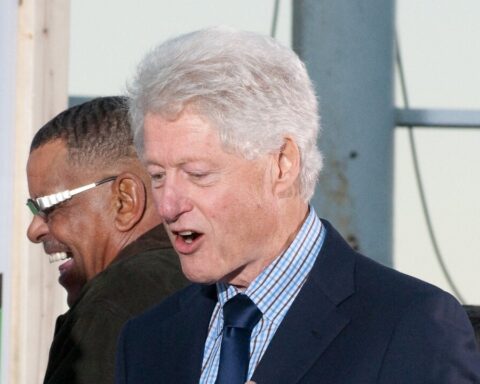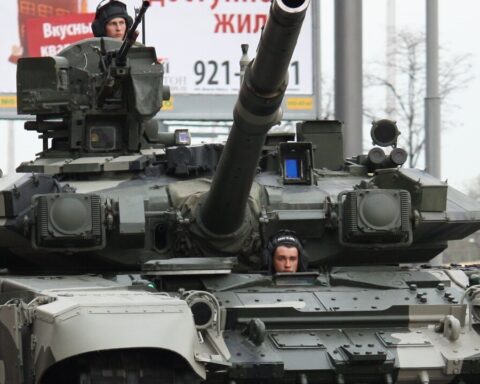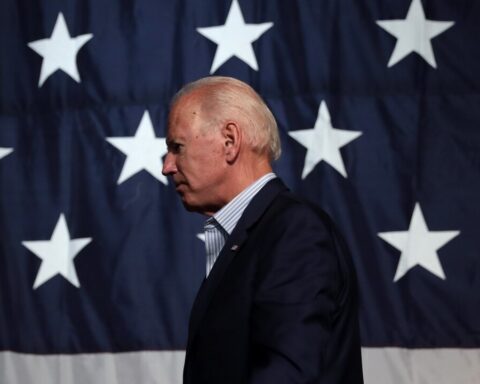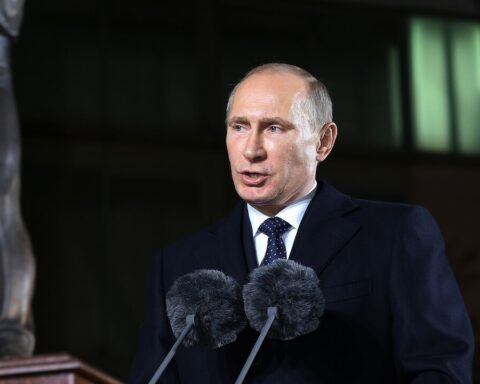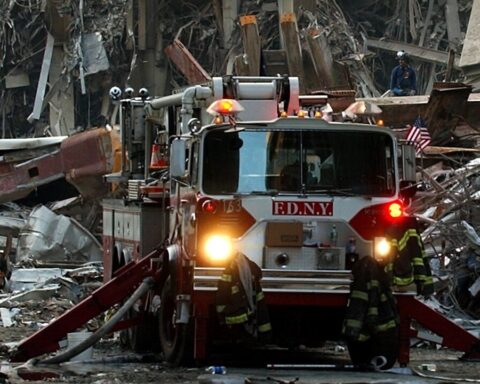“The demise of the Soviet Union was the greatest geopolitical catastrophe of the century,” said Russia’s new ruler Vladimir Putin in his 2005 state of the nation address. “As for the Russian people,” Putin went on, “it became a genuine tragedy. Tens of millions of our fellow citizens and countrymen
Read MoreWhen the Union was fighting to preserve itself in the Civil War, the France of Napoleon III moved troops into Mexico, overthrew the regime of Benito Juarez, set up a monarchy and
In 2014, when Russian President Vladimir Putin responded to a U.S.-backed coup that ousted a pro-Russian regime in Kyiv by occupying Crimea, President Barack Obama did nothing. When Putin aided secessionists in
While all facts are true, not all facts are relevant. And what are the relevant facts in this crisis where 100,000 Russian troops are now stationed along the Ukrainian border? Fact one:
As 1991 turned into 1992, America appeared to have arrived at the apogee of its national power and world prestige. President George H.W. Bush had just sent an army of half a
“Get off our front porch. Get out of our front yard. And stay out of our backyard.” This might stand as a crude summary of two draft security pacts Deputy Foreign Minister
One day after warning Russian President Vladimir Putin he would face “severe” economic sanctions, “like ones he’s never seen,” should Russia invade Ukraine, President Joe Biden assured Americans that sending U.S. combat
Belarusian autocrat Alexander Lukashenko has cleared out the encampment at his border crossing into Poland, where thousands of Middle Eastern migrants had been living in squalor. Last week, that border crossing was
When the hijacked planes hit the twin towers of the World Trade Center and the Pentagon that first 9/11, the Taliban were in control of Afghanistan and providing sanctuary for al-Qaida. Today,
“He may be an SOB, but he’s our SOB.” So said President Franklin D. Roosevelt of Nicaraguan dictator Anastasio Somoza, and how very American. For, from its first days, America has colluded
Seven months after the Cuban missile crisis, President John F. Kennedy, at American University, laid out his view on how the East-West struggle should be conducted to avoid a catastrophic war that


